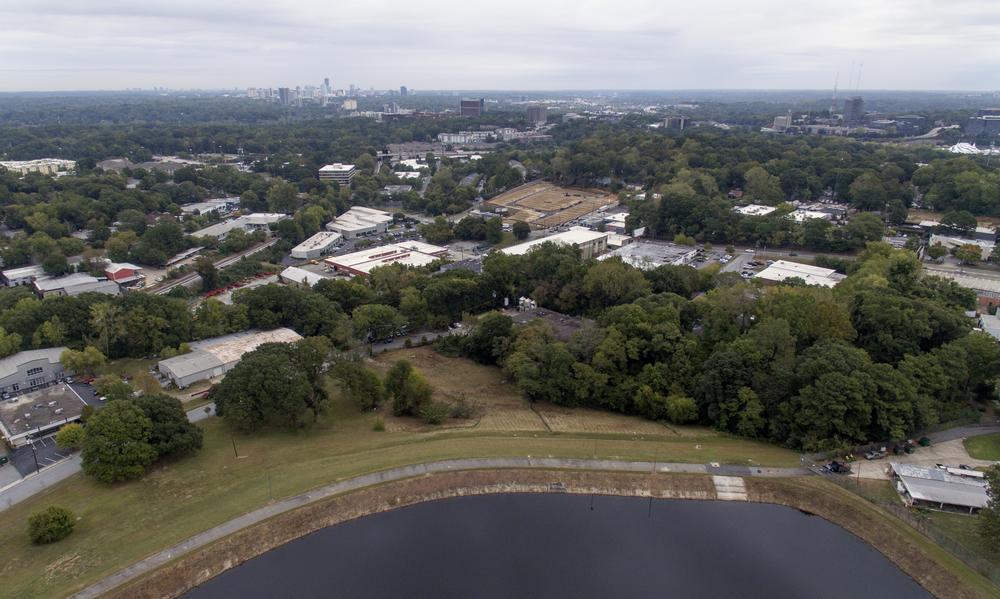Section Branding
Header Content
Georgia Has Failing Dams And, If Some Give Out, It Could Be Catastrophic
Primary Content
Here’s a strange fact about Georgia: the state has no naturally occurring large lakes – just some small pockets that fill up when it rains. What it does have is a wealth of creeks, streams and dams.
It turns out some of those dams are failing and that their failures could bring dire – even catastrophic – consequences. That’s according to data the Associated Press just released and that GPB’s Grant Blankenship has been analyzing.
Through a series of open records requests and other inquiries, the AP identified 1680 high-hazard dams nationwide that it found to be in poor or unsatisfactory condition. Georgia has more high-risk dams than any other states with almost 200 of them.
The dams in Georgia are largely used for flood control, and, though regulators inspect them, it’s often up to their owners to make sure they’re in proper condition. Grant found in his reporting that at least one dam owner, the City of Milton in north Fulton County, didn't even know they’re supposed to be keeping an eye on the structures.
Grant joined On Second Thought to explain where the problematic dams in Georgia are and why they aren’t seeing more inspections and repairs. He also created the map below to highlight the dams’ locations.
Get in touch with us.
Twitter: @OSTTalk
Facebook: OnSecondThought
Email: OnSecondThought@gpb.org
Phone: 404-500-9457



